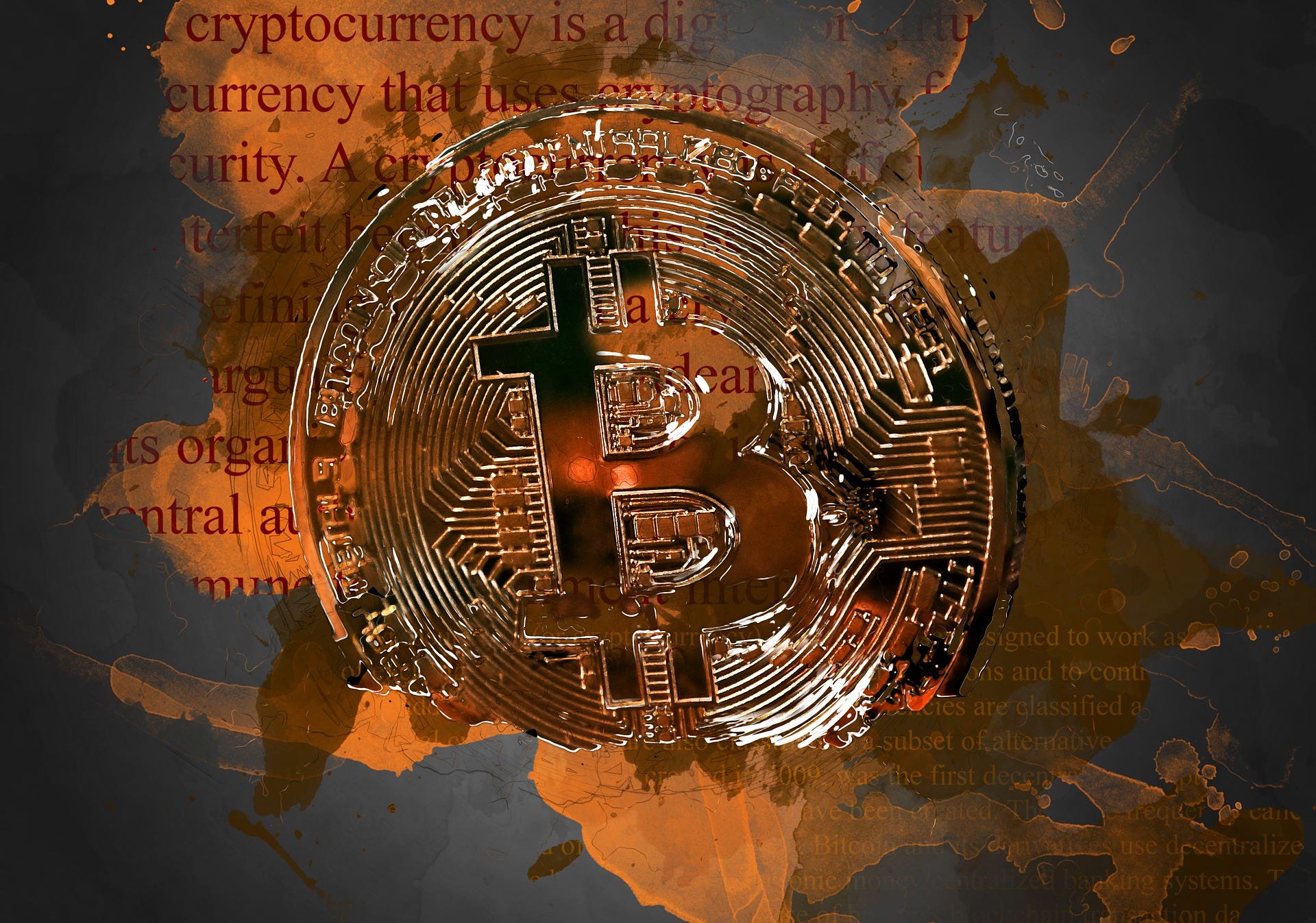PALO ALTO, Calif. (Reuters) - The Federal Reserve is looking at a broad range of issues around digital payments and currencies, consisting of policy, style and legal factors to consider around possibly issuing its own digital currency, Guv Lael Brainard said on Wednesday. Brainard's remarks recommend more openness to the possibility of a Fed-issued digital coin than in the past." By changing payments, digitalization has the possible to deliver greater worth and convenience at lower cost," Brainard said at a conference on payments cesarzvvq531.raidersfanteamshop.com/moneyness-why-fedcoin-jp-koning-blogger at the Stanford Graduate School of Company.
Main banks worldwide are debating how to handle digital financing innovation and the distributed ledger systems used by bitcoin, which promises near-instantaneous payment at potentially low expense. The Fed is establishing its own round-the-clock real-time payments and settlement service and is currently evaluating 200 comment letters submitted late last year about the suggested service's design and scope, Brainard said.
Less than two years ago Brainard informed a conference in San Francisco that there is "no engaging demonstrated requirement" for such a coin. But that was prior to the scope of Facebook's digital currency ambitions were commonly understood. Fed officials, including Brainard, have raised issues about customer protections and data and privacy risks that could be positioned by a currency that could enter usage by the 3rd of the world's population that have Facebook accounts.
" We are teaming up with other reserve banks as we advance our understanding of reserve bank digital currencies," she said. With more countries looking into releasing their own digital currencies, Brainard said, that contributes to "a set of reasons to also be making certain that we are that frontier of both research and policy development." In the United States, Brainard stated, problems that require study consist of whether a digital currency would make the payments system more secure or simpler, and whether it could posture financial stability dangers, consisting of the possibility of bank runs if money can be turned "with a single swipe" into the main bank's digital currency.

To counter the financial damage from America's unprecedented nationwide lockdown, the Federal Reserve has taken unprecedented steps, consisting of flooding the economy with dollars and investing straight in the economy. The majority of these relocations received grudging acceptance even from numerous Fed skeptics, as they saw this stimulus as needed and something just the Fed might do.
My new CEI report, "Government-Run Payment Systems Are Hazardous at Any Speed: The Case Versus Fedcoin and FedNow," information the risks of the Fed's current plans for its FedNow real-time payment system, and propositions for main bank-issued cryptocurrency that have actually been called Fedcoin or the "digital dollar." In my report, I talk about issues about personal privacy, information security, currency control, and crowding out private-sector competitors and innovation.
Supporters of FedNow and Fedcoin say the government must develop a system for payments to deposit instantly, instead of encourage such systems in the personal sector by raising regulative barriers. But as kept in mind in the paper, the economic sector is offering a relatively unlimited supply of payment innovations and digital currencies to fix the problemto the extent it is a problemof the time gap in between when a payment is sent out and when it is gotten in a savings account.
And the examples of private-sector innovation in this area are numerous. The Cleaning Home, a bank-held cooperative that has been routing interbank payments in numerous kinds for more than 150 years, has actually been clearing real-time payments given that 2017. By the end of 2018 it was covering 50 percent of the deposit base in the U.S.